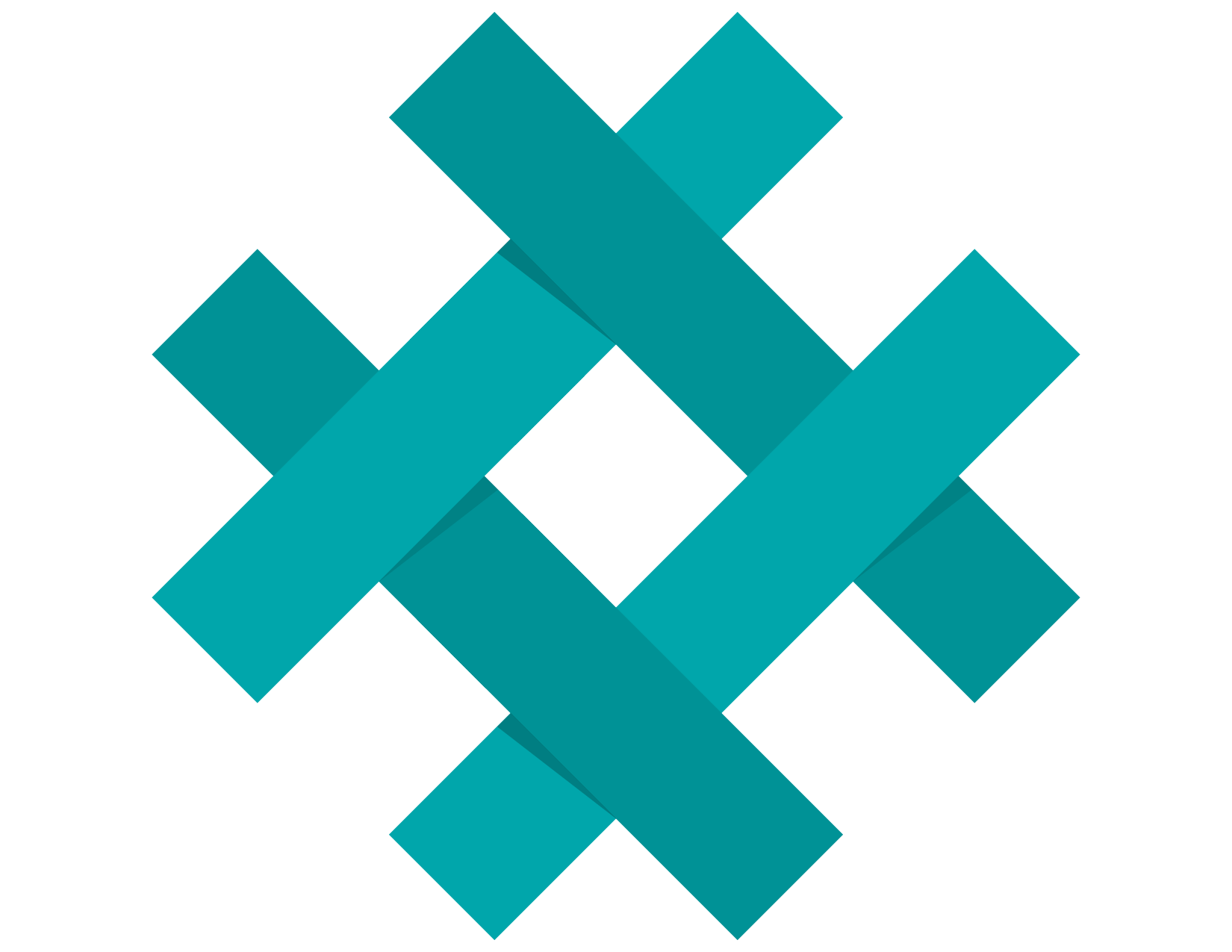About
What?
org-id.guide is the easiest, quickest and most accurate way to locate organization identifiers.
We maintain a register of organization lists. Those lists, in turn, provide unique identifiers for companies, charities, government agencies and other kinds of organizations.
We provide a code for each list, so that with the code, plus the identifier, you should be able to uniquely and unambiguously identify any organization in the world.
Many of the lists in our register are official identifier sources (such as a country company register); other lists may be maintained by third-parties. When we can, we link out to websites where you can look up a specific organization, although we also include codes for lists that don't provide a public search service.
We welcome new additions or updates to the register. We don't pre-judge the kinds of lists that should be included - but we do make sure the register includes good meta-data. We use that meta-data to provide a quality score that indicates how accessible and stable identifiers from the list are likely to be.
Why?
org-id.guide has been created by a partnership of open data standards groups in order to provide a robust, shared approach to the use of open, interoperable and unambiguous organization identifers.
It is a collaborative project designed to fill a gap in our shared data infrastructure.
With org-id.guide you can:
Declare which list an identifier is taken from - increasing data interoperability;
Identify the best lists to use for new datasets - promoting openness;
Find out where to look up more information on an organization - improving analysis and data quality;
Discover crosswalks between different lists - supporting joined-up data;
The members of the org-id.guide initiative use the register as a codelist to validate data, and to populate data entry user interfaces so that good quality data is created at source.
How do I use it?
Data creators
Are you collecting or publishing data about organizations?
First, make sure you are collecting an identifier for each organization, as well as a name. You can lookup the best identifier list to use based on the country, organization type, or sector you are managing data for.
Second, when you store and publish data about an organization, you can use the list code for the organization identifier so that data users know which list the identifier is from.
You can do this by combining the list code and identifier in a single string:
E.g.
GB-COH-09506232
Or separating out the list code into it’s own field:
E.g.
{
"scheme": "GB-COH",
"id": "09506232
}Data users
If you’ve come across an organization identifier, you can use org-id.guide to find out more about it and where to locate related open data.
Data contributors
We welcome new submissions to org-id.guide. The contributors handbook details how you can submit a request or proposal for a new list to be included. New submissions are reviewed by the org-id.guide members.
You can:
Request research to identify an appropriate list
Propose a new list
Propose changes to an existing list in the register
Following a light research process, new entries can be included in the codelist within 7 days. Entries are never removed from the downloadable list, but may be deprecated.
More info
Who is responsible for org-id.guide?
The register is maintained by Open Data Services Co-operative for a group of partners including: Joined Up Data Standards, the International Aid Transparency Initiative, Natural Resource Governance Institute, 360Giving, the Initiative for Open Ag Funding and Open Contracting. These members have a role in the governance of the register.
You can find out more about membership of the initiative here
For more information contact contact@org-id.guide
History
org-id.guides started as a sanctioned fork of the IATI Registration Agency codelist in September 2016. A full revision history of the register itself can be found via GitHub.
